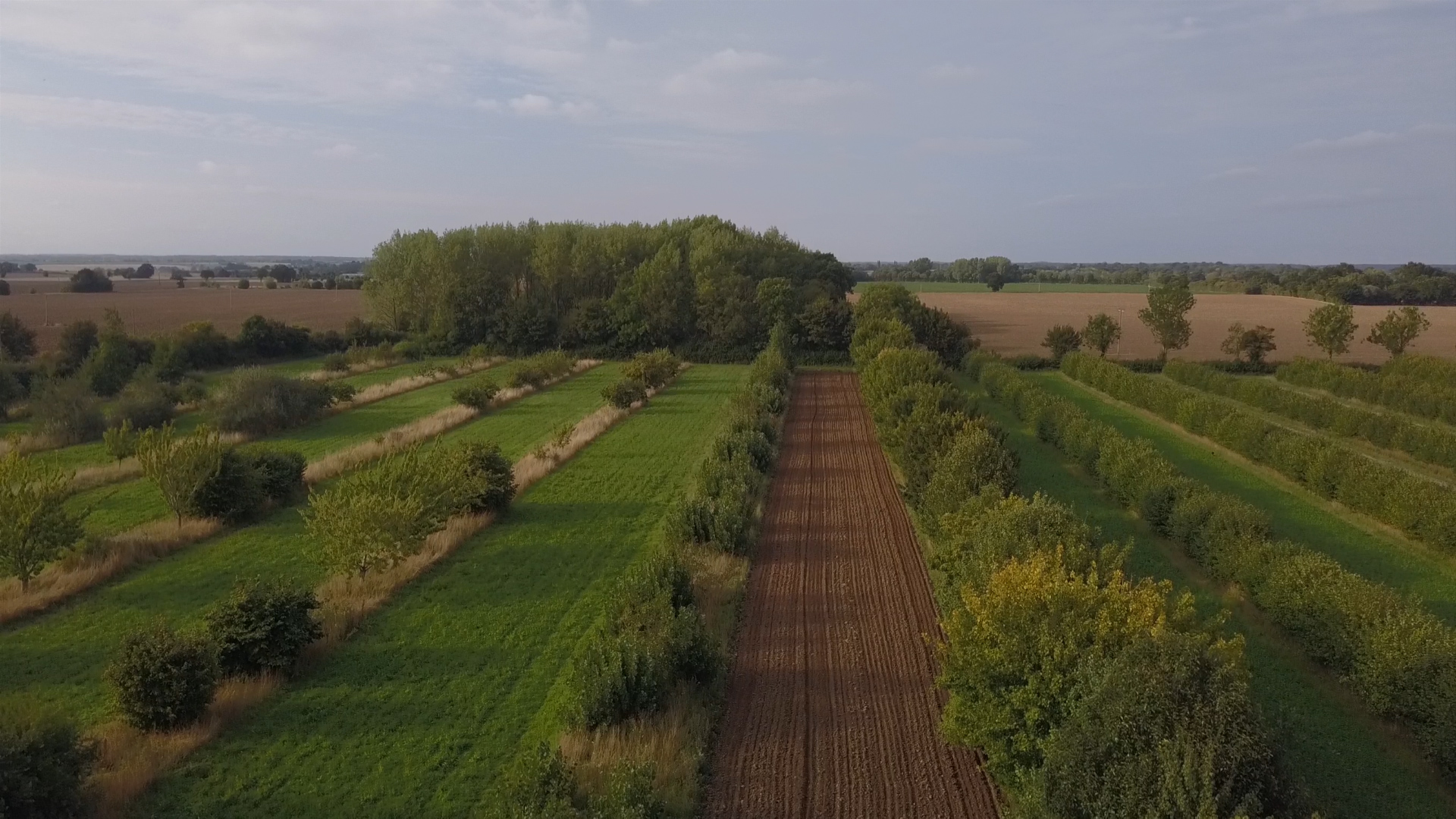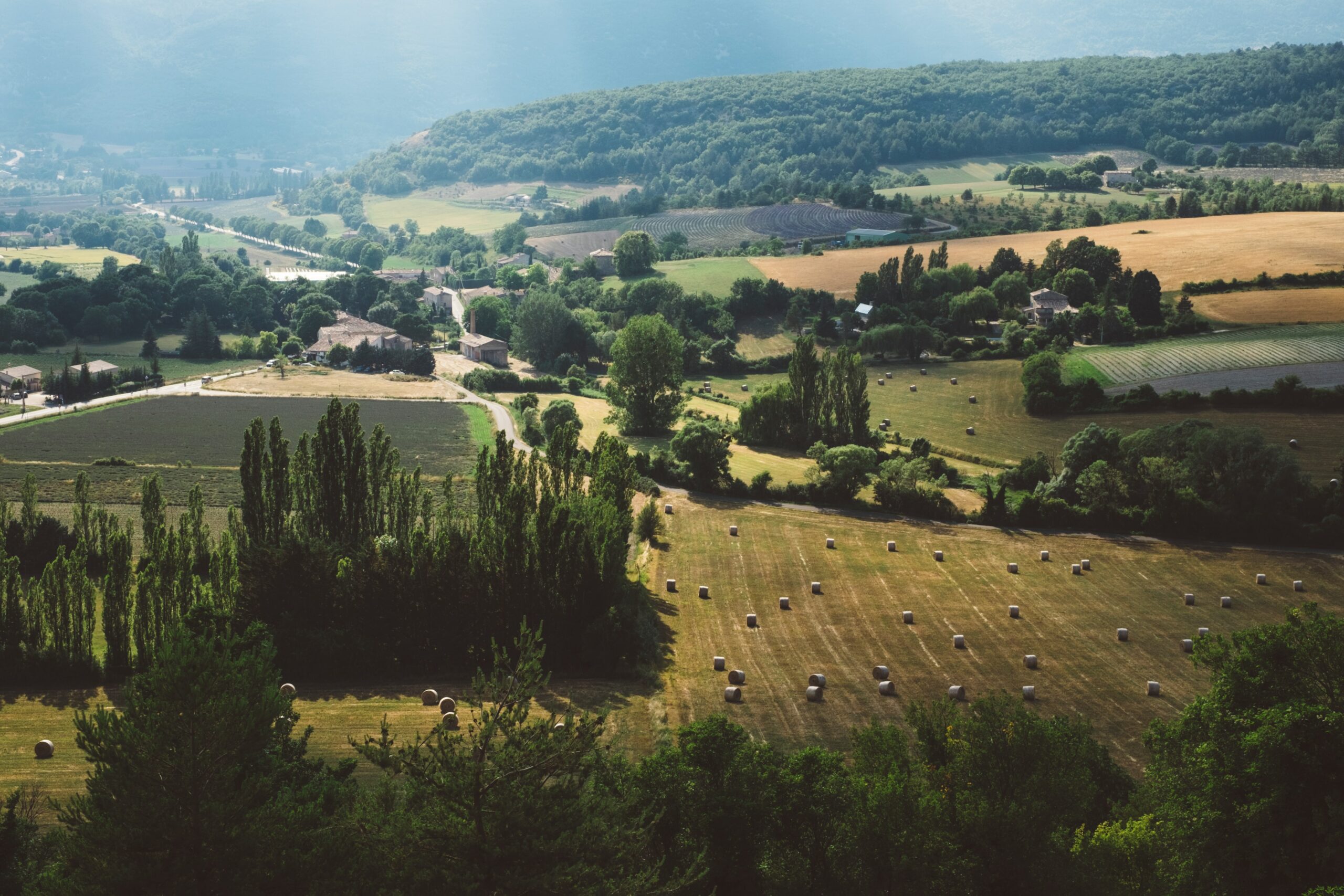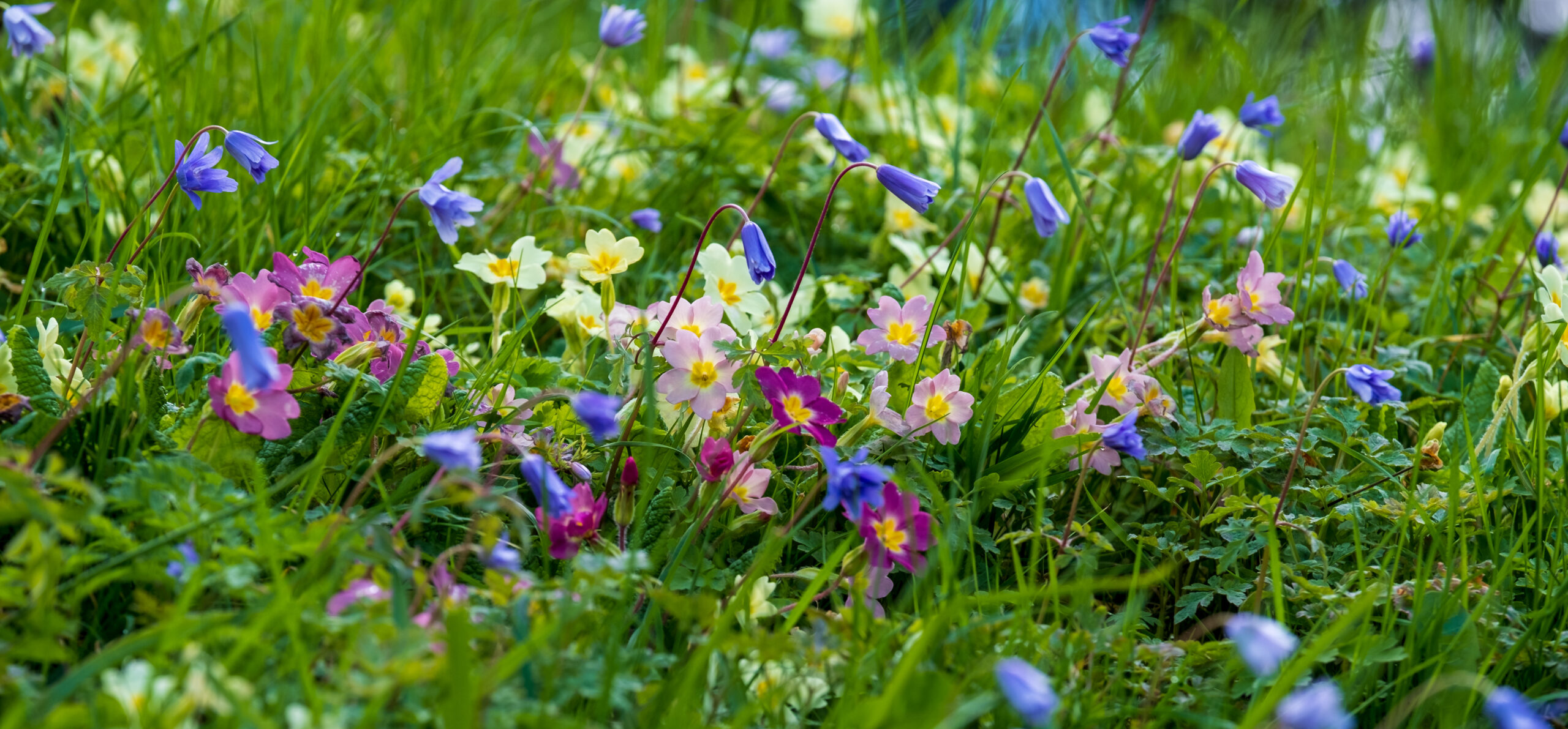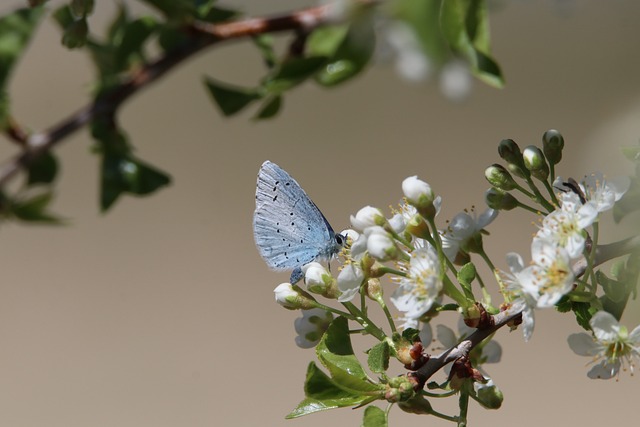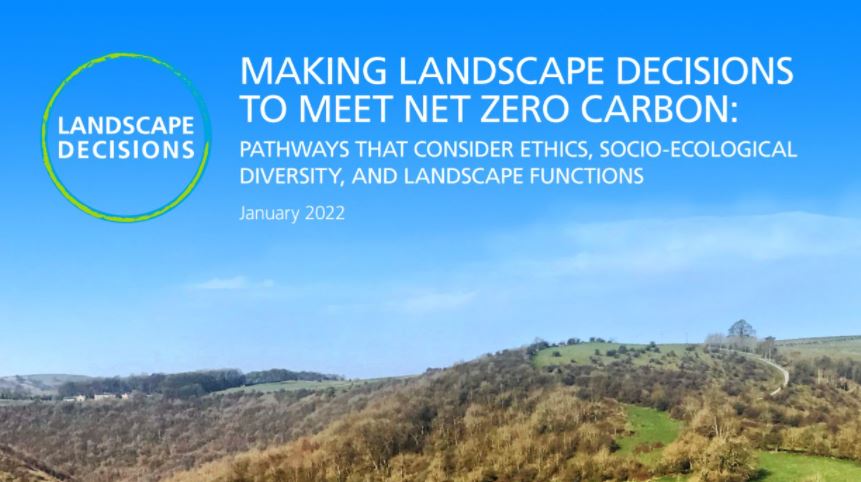biodiversity
Forests v farmland: what the world would look like if we allocated all our land in the optimal way
What would the world look like if we could decide – globally and collectively – to allocate all our land in the optimal way? Where would we grow food and…Read More >
How air pollution is making life tougher for bugs
Whether you love them or loathe them, we all depend on bugs. Insects help to pollinate three-quarters of the world’s crop varieties, making them a treasured resource. But we’re making the lives…Read More >
Five ways to protect and restore biodiversity in the UK
To mark International Day for Biodiversity, we can acknowledge both the rich biodiversity of the United Kingdom and also the challenges it faces. In the UK, we are lucky to…Read More >
Securing action for biodiversity at the UN Convention on Biological Diversity – COP15
Philippa Oppenheimer is a first year PhD student on the Scenario NERC Doctoral Training Partnership based at the Institute of Zoology, ZSL, partnered with the University of Reading. Her research…Read More >
Getting to net zero will require inclusive landscape decisions
We are all aware of the pressing need to slow climate change and the contribution that ‘net zero’ policies have to make. Here landscape geographer Eirini Saratsi argues that getting…Read More >
Hydroelectric dams take toll on endangered big cats, study shows
Big cats are among the most widespread top predators on Earth. Lions stalk zebra in the African savanna, tigers ambush antelope in the forests of Asia and jaguars hunt deer…Read More >
Making informed decisions in the midst of the climate crisis
As the second of four all-staff talks we held in the run-up to the COP26 Summit in November 2021, this blog includes a presentation by Professor Amanda Callaghan (Evolutionary Biology…Read More >
Biodiversity: world leaders are negotiating new targets to protect nature by 2030 – the story so far
“Putting biodiversity on a path to recovery is a defining challenge of this decade.” So begins the Kunming Declaration on biodiversity, adopted at the 15th UN biodiversity conference on October…Read More >
Brazil’s Atlantic Forest will change more in the next 50 years than at any time since the last ice age
Brazil’s Atlantic Forest is one of the most biologically diverse places on Earth. Roughly one in every 50 species of plant and vertebrate land animal lives there and nowhere else….Read More >

